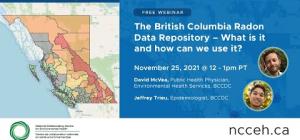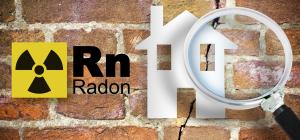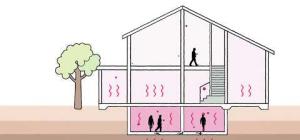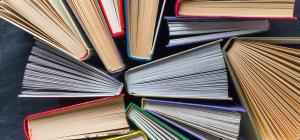Bibliothèques de prêt de capteurs de qualité de l’air : la santé publique à domicile
Walter Zicha
Anne-Marie Nicol, PhD
Public libraries are evolving, lending out more than just books and acting as hubs for innovative programming. One example in Canada is the rise of radon “Lending Library” programs that connect patrons to radon information and digital radon detectors. Beginning in British Columbia and Nova Scotia, there are now over 300 libraries that lend digital detectors across the country and more come on board regularly. The success of the radon program hinges on the unique role that libraries play in communities. Not only are libraries well-established, trusted sources of knowledge but more and more libraries are taking part in innovative public health initiatives. In some regions, patrons can borrow items such as CO2 and PM2.5 sensors, sun lamps, surgical recovery equipment and even mobility-aides for visitors. There is growing enthusiasm for more collaboration between librarians and public health professionals, in part as they address important issue such as access and health equity. This session outlines how we can scale up and expand opportunities for similar, creative programs that address current public health issues.
Speakers:
Walter Zicha, Head of Acquisitions and Collection Management, North Vancouver City Library
Anne-Marie Nicol, MES PhD Knowledge Translation Scientist, NCCEH










